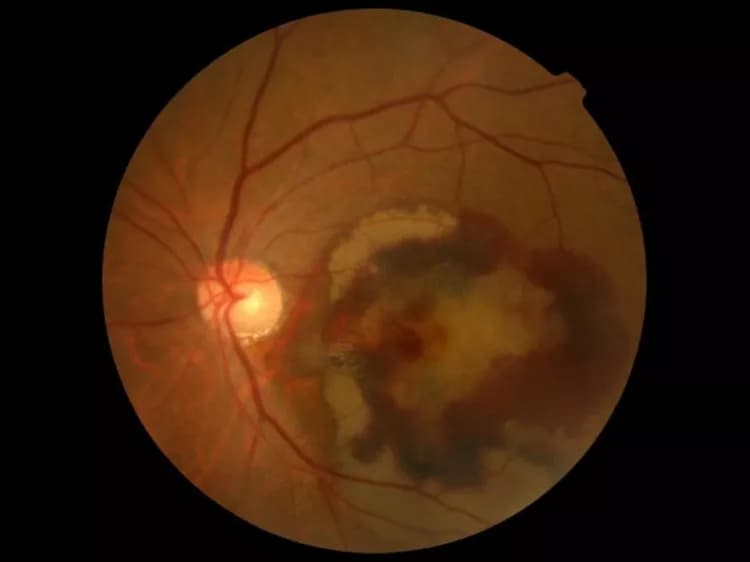
Reproducing A Retinal Disease On A Chip
Approximately 80% of all sensory input is received via the eyes, so suffering from chronic retinal diseases that lead to blindness causes a significant decrease in the quality of life (QOL). And because retinal diseases are most common among the elderly, developing pathological analyses and treatments for retinal diseases has become an urgent issue in super-aging countries such as Japan.
Although evaluation of drug candidates against retinal diseases has been done on animal models, serious concerns arise regarding the ethics and costs in addition to the limitations of translating data from animal models to clinical settings.
In vitro cell culture models, an alternative to animal models, enable researchers to investigate specific molecules-of-interest and simply recapitulate complex and chronic conditions. Although studies on organ-on-a-chip for drug discovery have recently been extensively carried out, the organ-on-a-chip approach that targets the ocular tissues has been rarely investigated.
A joint research team from the Graduate Schools of Engineering and Medicine at Tohoku University has recapitulated a pathological condition of retinal diseases on a chip. They first cultured human retinal cells and vascular endothelial cells, mimicking the outermost structure of the retina.
When retinal cells were exposed to hypoglycemic and hypoxic conditions after the cells had grown up, endothelial cells were found to migrate to the side of retinal cells to damage them. This process partially recapitulates neovascularization in wet-type age-related macular degeneration (AMD).
The research team believes the developed organ-on-a-chip could be used for disease modeling and drug screening as an alternative to animal models.
Materials provided by Tohoku University. Note: Content may be edited for style and length.
Disclaimer: DoveMed is not responsible for the accuracy of the adapted version of news releases posted to DoveMed by contributing universities and institutions.
Primary Resource:
Chen, L. J., Ito, S., Kai, H., Nagamine, K., Nagai, N., Nishizawa, M., ... & Kaji, H. (2017). Microfluidic co-cultures of retinal pigment epithelial cells and vascular endothelial cells to investigate choroidal angiogenesis. Scientific reports, 7(1), 3538. DOI: 10.1038/s41598-017-03788-5
Related Articles
Test Your Knowledge
Asked by users
Related Centers
Related Specialties
Related Physicians
Related Procedures
Related Resources
Join DoveHubs
and connect with fellow professionals

0 Comments
Please log in to post a comment.